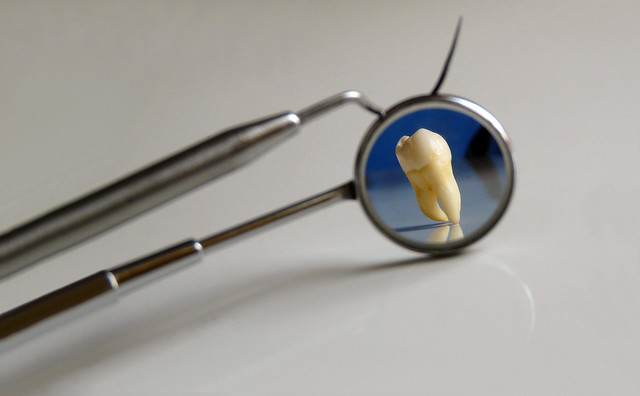In the past informed consent for wisdom teeth surgery has been discussed on this site, see for example the post Informed Consent in Dentistry: Can Change Impact Personal Injury Cases? Often when it comes to have wisdom teeth surgery patients are shown a video discussing risks and benefits and treatment options related to wisdom teeth, then have an opportunity to discuss with their surgeon and ask any questions, and then sign a document acknowledging that they understand the risks and benefits. Such interaction typically places in a one on one setting with just the patient and the doctor. The patient is of course then billed for this appointment and must either pay out of pocket or pay what is remaining from their insurance plan and after meeting any insurance plan deductibles. There are some ways to possibly decrease the cost of such informed consent consultation appointments. One way is to do this remotely and could be useful if the surgeon is very far from your home to save on travel costs. Another way is to have what is known as a shared medical appointment. Such an approach is explored in an article titled “Patient Satisfaction in Shared Versus Individual Medical Appointments for Third Molar Surgery,” written by Radu et al. appearing in the Journal of Oral and Maxillofacial Surgery in September 2016 (vol. 74, no. 9, supplement, pp. e36–e37).
In the article the authors sought to evaluate patient satisfaction in the setting of shared medical appointments when compared to individual medical appointments for wisdom teeth surgery consultations. The authors hypothesized that there would be no difference in patient satisfaction with regards to using either a shared medical appointment or an individual medical appointment. The authors divided patients were presented to the Oral and Maxillofacial Surgery section at the Cleveland Clinic during 2015 and 2016 into two groups one with individual medical appointments consisting of 15 patients and the other with shared medical appointments also consisting of 15 patients. After the appointments the patients filled out an 8-item questionnaire. The patients’ age, race, gender, and socioeconomic class were not considered when analyzing the results.

A student t-test was used to compare results and found that both forms of appointments were equally easy to schedule, that the patients’ medical needs were equally met in both forms of appointments, and that the patients found equally ample time for questions in both forms of appointments. Furthermore, the patients considered the sense of privacy to be equivalent across both appointments. However the authors did find three statistically significant results. The first being that patients perceived gaining more valuable information from individual appointments, the second being that patients would recommend an individual appointment to others more than a shared medical appointment, and the third being that patients would prefer to have an individual appointment over a shared appointment.
Based on the results the authors feel that oral and maxillofacial surgeons should consider shared medical appointments as they can allow for the surgeon to realize their time and resources more cost effectively. This can translate to less expensive informed consult appointments for patients.
